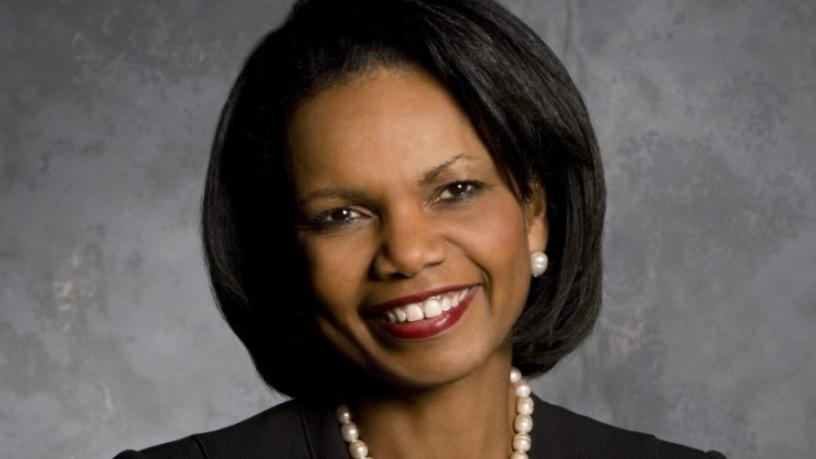
Technology and innovations are changing patterns of behaviour and how we live more rapidly than anything in history.
So said former US secretary of state, Dr Condoleezza Rice, during the Citrix Synergy 2018 event in Anaheim, California.
In the speech, Rice spoke about the current state of global politics, touching on hot issues like North Korea, Russia's meddling in elections, immigration and Iran, among others.
However, she also touched on the influence that technology is having on people on a day-to-day basis.
According to Rice, technology is not good or bad, but neutral, and the question is how it's applied.
"I live in Silicon Valley and where I live technology is always good."
Rice returned to Silicon Valley-based Stanford University as a political science professor and the Thomas and Barbara Stephenson Senior Fellow on Public Policy at the Hoover Institution following her stint as secretary of state.
"But we have to remember that sometimes innovation and technology have not been matched by wisdom," she said.
"So the same technology that led us to split the atom and to turn the lights on or to cure disease is the same technology that led us to create the atomic bomb and the hydrogen bomb. Sometimes knowledge and wisdom have not gone side by side."
Rice said technology has the responsibility to create extraordinary benefits and reach, for example, in healthcare.
"We did the presidency emergency plan on AIDS relief in the [George W] Bush administration. It was the largest global response to a pandemic in human history. It saved millions of people of the pandemic that was AIDS.
"We worried though that people that were in the remote villages would not be able to schedule appointments to go and take their anti-retroviral drugs. This is because sometimes people have to ride several hours on a bus to get their medicine."
Nonetheless, she noted that in countries like South Africa, there is now a little app that patients can use to schedule an appointment and to make sure that somebody is there when they get to the clinic or hospital. That's technology well-acquired, she said.
"In education, we have the opportunity to reach rural areas or schools that are not just up to it with online learning in ways that let people continue to upgrade their skills and that might teach a five-year-old in a distant place just as well as the five-year-old in Anaheim or Palo Alto.
"However, this can also be the same technology that divides because there are too many places that are not able to access that technology equally."
Share